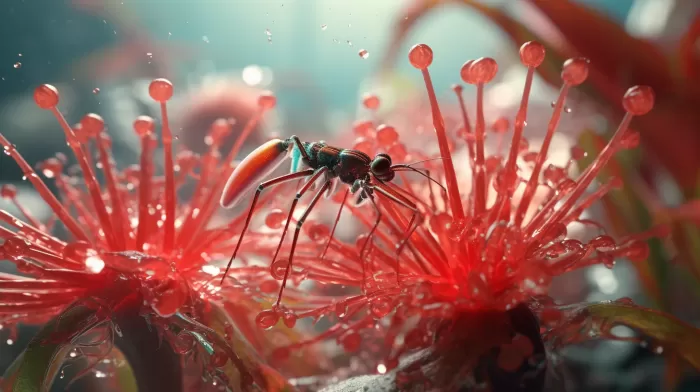The Zika virus has been a topic of concern for quite some time now, particularly due to its link to birth defects and the recent outbreak in Florida, which resulted in over 30 people contracting the virus through local mosquito bites. While the main focus has been on how the Zika virus affects pregnant women and their babies, little is known about the long-term effects on adults.
Recent discoveries suggest that there could be potential long-term consequences on the brain health of adults who contract the Zika virus. While the current understanding is that around four out of five adults who contract Zika have no visible symptoms, there are some who exhibit mild symptoms such as fever, rash, joint pain, and red eyes.
You might already be aware that some adults infected with Zika develop Guillain-Barré syndrome, which is a neurological condition that can cause temporary paralysis. Though these cases are rare and extreme, they demonstrate how the Zika virus can infiltrate your nervous system. But even if you don’t develop an extreme reaction like Guillain-Barré, Zika is still damaging to your brain.
Research Findings
Researchers from Rockefeller University and La Jolla Institute for Allergy and Immunology recently conducted a study examining the impact of Zika on the brains of adult mice. They discovered that the virus can hijack the brain’s stem cells, causing cell death and a decline in the development of new brain cells.
The damage caused by Zika, however, was restricted to two specific regions of the brain: the forebrain and the hippocampus. Scientists believe that, based on the parts of the brain affected, Zika could potentially lead to memory loss, depression, and even Alzheimer’s disease.
Sujan Shresta, a professor at the La Jolla Institute of Allergy and Immunology, stated, “Zika can clearly enter the brain of adults and can wreak havoc. But it’s a complex disease — it’s catastrophic for early brain development, yet the majority of adults who are infected with Zika rarely show detectable symptoms. Its effect on the adult brain may be more subtle, and now we know what to look for.”
Given these concerning findings, it’s crucial to take the necessary precautions to protect yourself from the Zika virus and its long-term consequences. Here are a few natural Zika prevention methods to follow:
Prevention Methods
- Stay indoors during peak mosquito times, which are typically at dusk and dawn.
- Avoid wearing tight, dark clothing that tends to attract mosquitoes.
- Use effective natural mosquito repellents made with lemon eucalyptus oil or catnip oil.
- Support your immune system with natural anti-virals, such as vitamins D (the world’s most powerful anti-viral vitamin) and C, oregano oil, and olive leaf extract.
Incorporating these simple prevention methods can go a long way in ensuring that you are protected from the potential harm caused by the Zika virus. While research on the long-term impacts on adults is still ongoing, it’s best to take the necessary precautions to safeguard your health.



